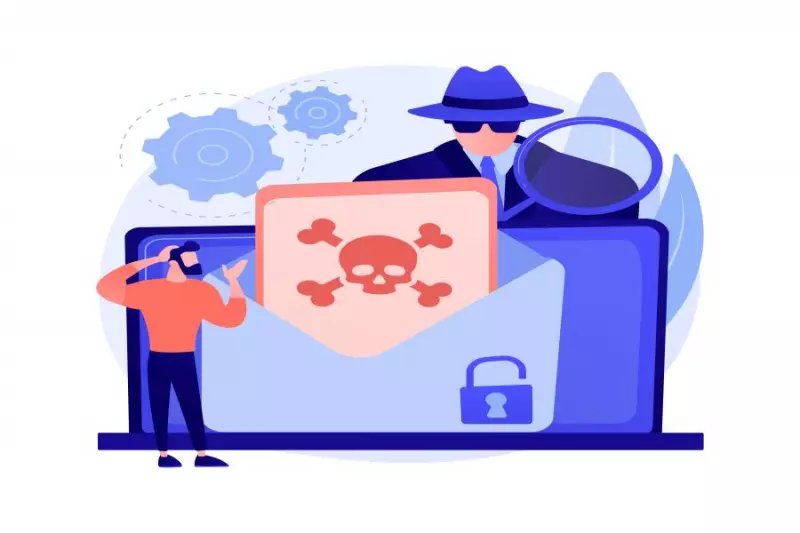Man Planned to Bomb AWS Center Taking Down 70% of the Internet
Table of Contents
- By Dawna M. Roberts
- Published: Apr 20, 2021
- Last Updated: Mar 18, 2022
According to the Justice Department, a 28-year-old Texas man was charged this week with trying to purchase explosives from an undercover FBI agent to blow up an Amazon Web Services (AWS) data center in Virginia.
What Happened?

The FBI arrested Seth Aaron Pendley of Wichita Falls on Thursday and charged him with a malicious attempt to destroy a building with explosives. If convicted, he may spend up to 20 years in federal prison.
As reported by Data Breach Today, back in January, Pendley started using Signal, an encrypted messaging app, and began to hatch a plan to use C-4 explosives to blow up an AWS data center in Ashburn, Virginia, with the intent to “kill off about 70% of the internet.”
Unfortunately for Pendley, the person he was conversing with on Signal was a government source, and he connected him with an undercover FBI agent to make the purchase. The FBI agent positioned himself as an explosive expert and reseller who could even instruct Pendley on how to arm the devices.
Pendley met with the FBI agent last Thursday who was posing as the explosive supplier; he gave Pendley fake explosives, and then agents rushed in to arrest him.
A spokesperson from AWS thanked law enforcement and commented publicly, “We take the safety and security of our staff and customer data incredibly seriously, and constantly review various vectors for any potential threats. We will continue to retain this vigilance about our employees and customers.”
What Was Pendley’s Motive?

According to Data Breach Today, “The FBI first became aware of the alleged plot to target the AWS data center in January, when another confidential informant alerted the bureau about a series of conversations happening on MyMilitia.com, a forum dedicated to organizing militia groups, according to the Justice Department.”
Experts theorize that because these conversations started on January 8th, two days after the attack on the Capitol, that it may be related. Data Breach Today said that “When investigating the MyMilitia.com website in January, the FBI was tipped off to a user who went by the name “Dionysus” and claimed he was thinking about conducting “a little experiment” that he said would “draw a lot of heat,” according to court documents.”
After the FBI obtained access to the Gmail account belonging to Dionysus, they found that it linked back to Pendley. They also monitored his Facebook messages in which he commented about having been at the rally that preceded the attack and where he grabbed a piece of broken window glass.
Court records from the Justice Department relay conversations that FBI agents had with Pendley. He stated that “he planned to attack web servers that he believed provided services to the FBI, CIA and other federal agencies. He said he hoped to bring down ‘the oligarchy’ currently in power in the United States.”
Amazon does provide cloud services to the CIA and other government agencies, so it makes sense that Pendley would target AWS servers.
What Now?
Pendley is held in custody and will await trial. Due to the malicious nature of his crime with intent to destroy technology services and disrupt government operations, he will most likely face a harsh penalty.
The pandemic combined with the current political climate has erupted into many offshoots of hate crimes, digital attacks, and public unrest. As a result, we are still feeling the effects of incidents that occurred months ago. These troubled times surely have not brought out the best in humanity. Now the question remains, how long before this ripple effect will settle down?














